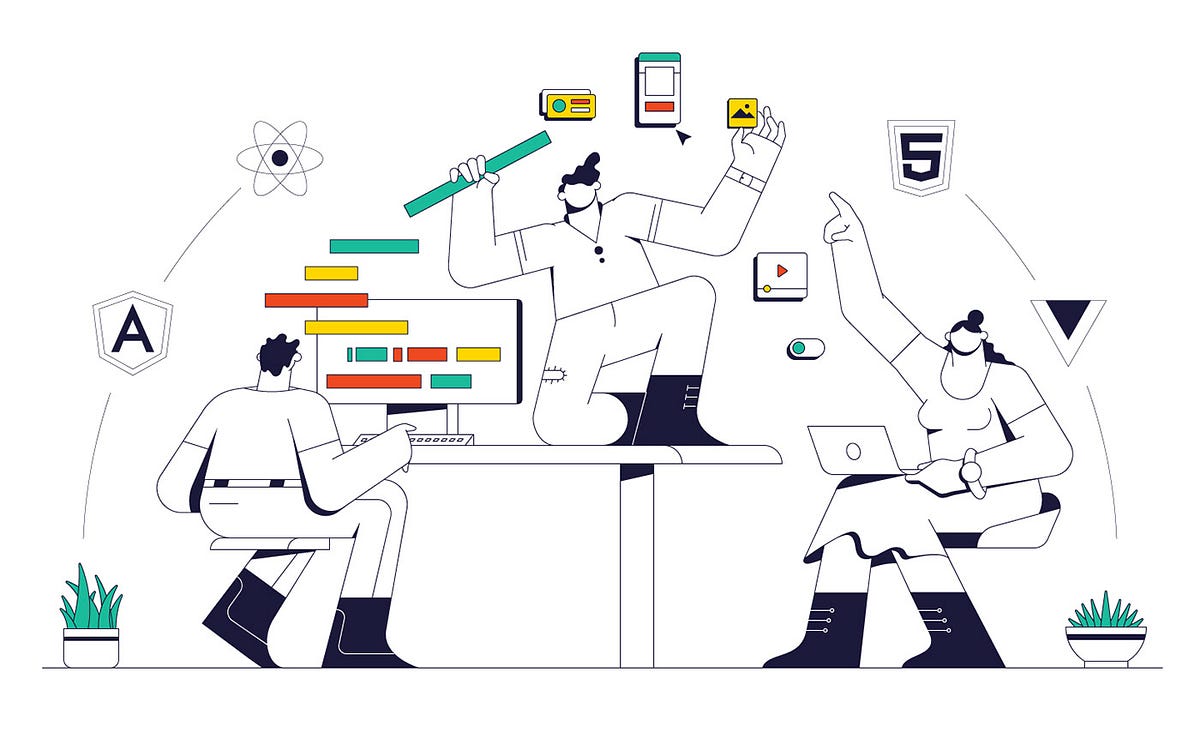The key to creating an impressive machine learning portfolio is building projects that showcase your technical depth, practicality, as well as understanding of product requirement. These five projects perform well for the professionals going for a machine learning online course, an AI and data science course, and demonstrate versatility across domains.
1. Fraud Detection System for Financial Transactions
Fraud detection continues to be one of banks, fintechs and e-commerce platform’s top priorities. It is a powerful portfolio addition to build a model that identifies suspicious transaction in real time using techniques such as anomaly detection and ensemble learning. Some steps include preprocessing imbalanced datasets (e.g. 0.1% fraud cases), applying SMOTE for oversampling, and optimizing precision recall metrics to minimize false positives. Domain specific features such as transaction frequency and location mismatches make sense here as even streaming data is handled by tools like PySpark or TensorFlow. This project presents the expertise in risk analytics and ethical AI, fairness is crucial because biased outcomes should not be allowed.
2. Predictive Maintenance for Industrial IoT
Predictive maintenances is becoming more and more widespread in manufacturing and logistics industries to decrease equipment downtime. The data in this project is sensor data of the machinery (e.g., temperature, vibration) which is used to forecast failures using time series models, like a LSTM network or survival analysis. For instance, when we train our model on the NASA Turbofan Engine Degradation Dataset the professionals learn to tackle noisy, the high dimensional data and deploy the solutions to the cloud platforms like AWS IoT.
3. Personalized Healthcare Recommendation Engine
Collaborative filtering + NLP to parse clinical notes for recommendation system of treatments, exercises or diets from patient data (e.g. medical history, genomics). Learners can address challenges like data privacy compliance (HIPAA), model explain ability with such datasets as MIMIC-III. They highlight the system’s capability to learn to solve new patient data via reinforcement learning, a core point to take away from advanced machine learning online courses.
To maximize visibility, professionals should document each project’s lifecycle—from problem definition and data collection to deployment and monitoring. For instance, in fraud detection, integrating model interpretability tools like SHAP values can clarify decision-making for stakeholders. Similarly, in healthcare projects, demonstrating GDPR or HIPAA compliance through anonymization techniques adds credibility.
4. Real-Time Sentiment Analysis for Customer Feedback
Since, brands spend so much to know the reactions and emotions of the customers, sentiment analysis is in much demand. Deploying a BERT based model for identifying or classifying sentiment of the social media posts or reviews as either positive, negative or neutral is the objective of this project. Some challenges include how to process slang and emojis, how to use APIs like Twitter’s streaming API for streaming data. Adding a dashboard to visualize sentiment trends by region or product line elevates the project from a technical exercise to a business tool. Such practical applications align with modules in AI and data science courses focused on NLP and deployment.
5. Autonomous Vehicle Navigation with Computer Vision
These transportation systems are autonomous, and a navigation project shows that computer vision and reinforcement learning are completed. Learners can train model to detect lanes, pedestrians, traffic signs, and so forth, using datasets such as CARLA or KITTI, in real time. For example, OpenCV and ROS (Robot Operating System) are used to simulate environments, while semantic segmentation helps making obstacles avoid less accurately. Including a safety analysis—such as evaluating model performance in low-light conditions—underscores an engineer’s ability to address edge cases, a competency honed in rigorous machine learning online courses.
Why These Projects Stand Out?
Each project addresses a pressing industry need while requiring a blend of technical and soft skills:
- Cross-Domain Relevance: From finance to healthcare, these ideas show adaptability.
- Tool Diversity: Exposure to TensorFlow, PyTorch, cloud platforms, and IoT tools mirrors workplace environments.
- Ethical Considerations: Tackling bias in fraud detection or privacy in healthcare models reflects responsible AI development.
Lastly, pairing technical deliverables with soft skills matters. Presenting project outcomes through visual storytelling (e.g., Tableau dashboards) or GitHub repositories with clean code and documentation reflects workplace readiness. By aligning these projects with skills taught in a machine learning online course, candidates position themselves as holistic problem-solvers, ready to innovate from day one.
For learners, integrating these projects into a portfolio signals readiness to tackle real-world challenges. Pairing hands-on practice with structured learning from a machine learning online course or AI and data science course ensures a deep understanding of both algorithms and their practical implications. As industries increasingly seek professionals who can translate data into actionable insights, a well-curated portfolio becomes the ultimate career accelerator.



